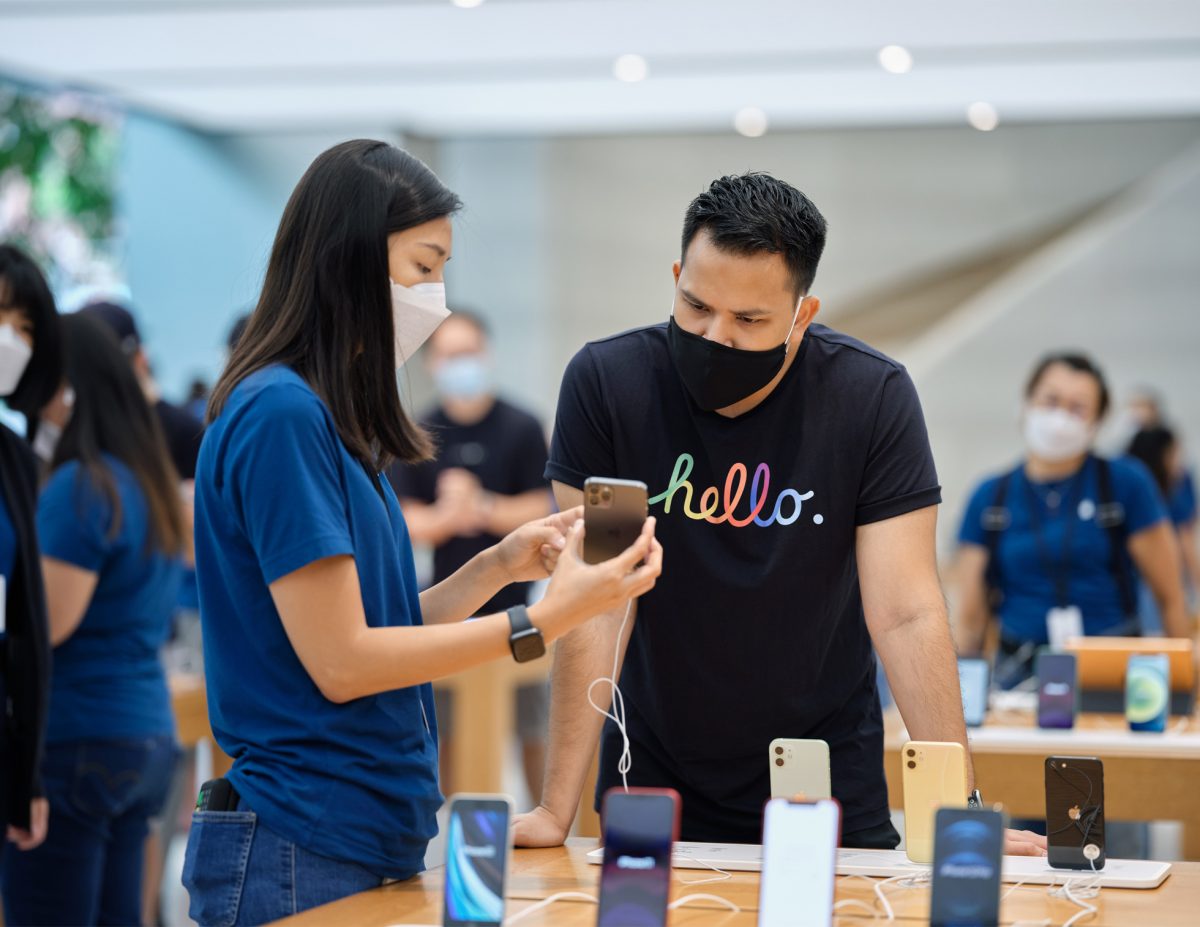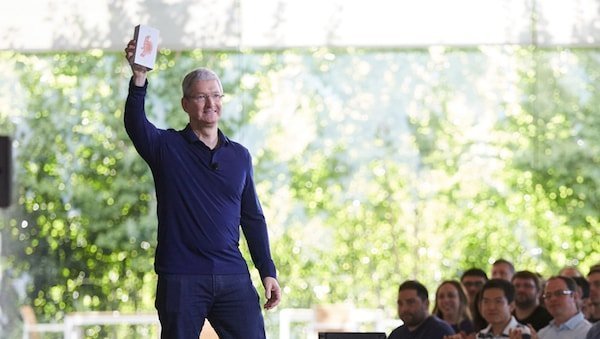Former President Trump’s administration is known for a lot of unusual, often repressive, orders and practices. One such practice has surfaced that in 2017 and 2018, Trump’s Department of Justice subpoenaed Apple and Microsoft for the metadata of members of Congress in its efforts to catch potential leakers.
As per New York Times report, Trump’s administration carried out an investigation of a dozen members of the House Intelligence panel to root out leakers who were was passing information of the President’s contact with Russia to the press. The DOJ obtained records of House Intelligence Chairman Adam Schiff, D-Calif., and committee member Eric Swalwell, D-Calif. It is said that this step was “extraordinary” and “nearly unheard-of” for “current and former congressional officials familiar with the inquiry said they could not recall an instance in which the records of lawmakers had been seized as part of one.”
And while the investigation continued, both tech companies were restricted by a gag order from telling the concerned people that their data was shared with the former government.

Apple claims it did not know that Trump’s DOJ has requested lawmakers data
At the expiry of the gag order, this year, Apple informed the lawmakers and others that their metadata was given to Trump’s DOJ. As per the report from The New York Times:
In 2017 and 2018, a grand jury subpoenaed Apple and another internet service provider for the records of the people associated with the Intelligence Committee. They learned about most of the subpoenas last month, when Apple informed them that their records had been shared but did not detail the extent of the request, committee officials said. A second service provider had notified one member of the committee’s staff about such a request last year.
Apple turned over only metadata and account information, not photos, emails or other content, according to the person familiar with the inquiry.
After the report was published, Apple said it was not aware that it had been asked for data of Democratic lawmakers. CNBC writes that in this case, the Cupertino tech giant was forced to comply and stay quiet by a grand jury and a federal judge.
Apple said Friday it didn’t know former President Donald Trump’s Department of Justice was asking for the metadata of Democratic lawmakers when it complied with a subpoena seeking the information.
Apple said it received a subpoena from a federal grand jury on Feb. 6, 2018. According to Apple, the subpoena requested data that belonged to a seemingly random group of email addresses and phone numbers. Apple said it provided the identifiers it had for some of the requests from the DOJ, but not all of the requests were for Apple customers.

Fred Sainz, the company’s spokesperson gave a statement that;
“We regularly challenge warrants, subpoenas and nondisclosure orders and have made it our policy to inform affected customers of governmental requests about them just as soon as possible.
In this case, the subpoena, which was was issued by a federal grand jury and included a nondisclosure order signed by a federal magistrate judge, provided no information on the nature of the investigation and it would have been virtually impossible for Apple to understand the intent of the desired information without digging through users’ accounts. Consistent with the request, Apple limited the information it provided to account subscriber information and did not provide any content such as emails or pictures.”
In 2016, iPhone maker and FBI engaged in a legal battle over creating a backdoor to unlocking iPhone without user’s passcode. The investigation agency was seeking phone data of the shooter of San Bernardino attract in December 2015. The tech giant took a strong stand against the FBI’s request on the behest of protecting the privacy of over a billion iPhone users and refused to comply with the agency’s request.